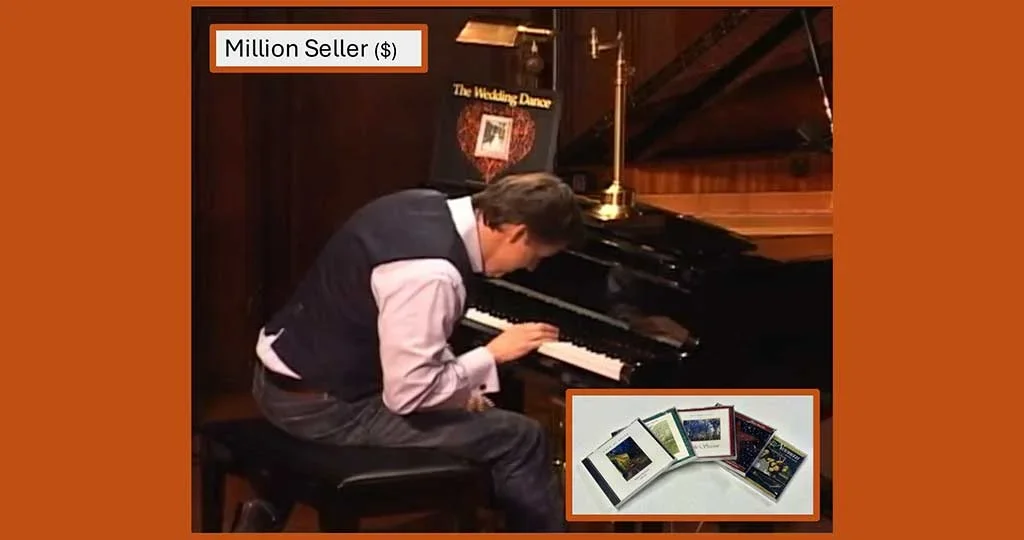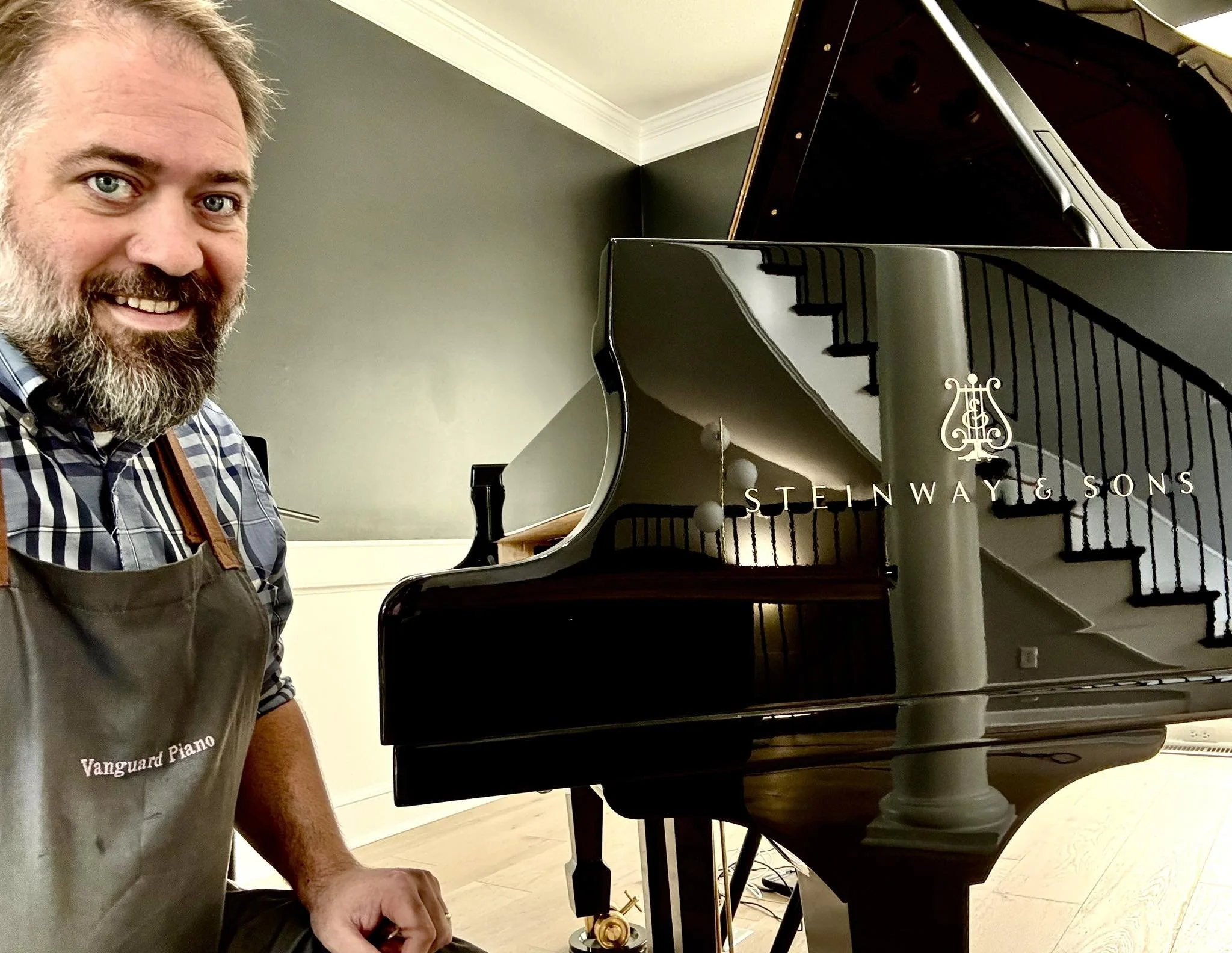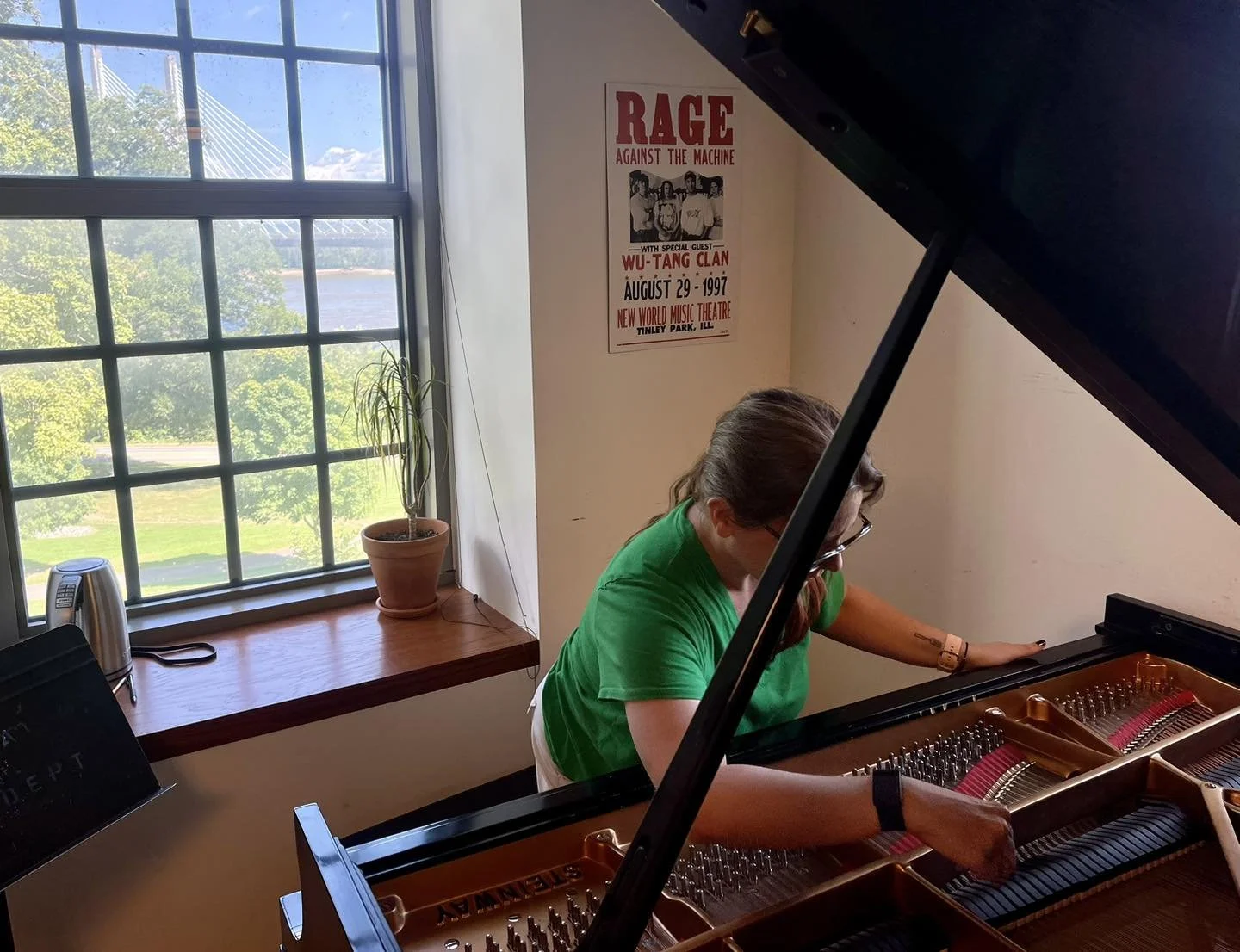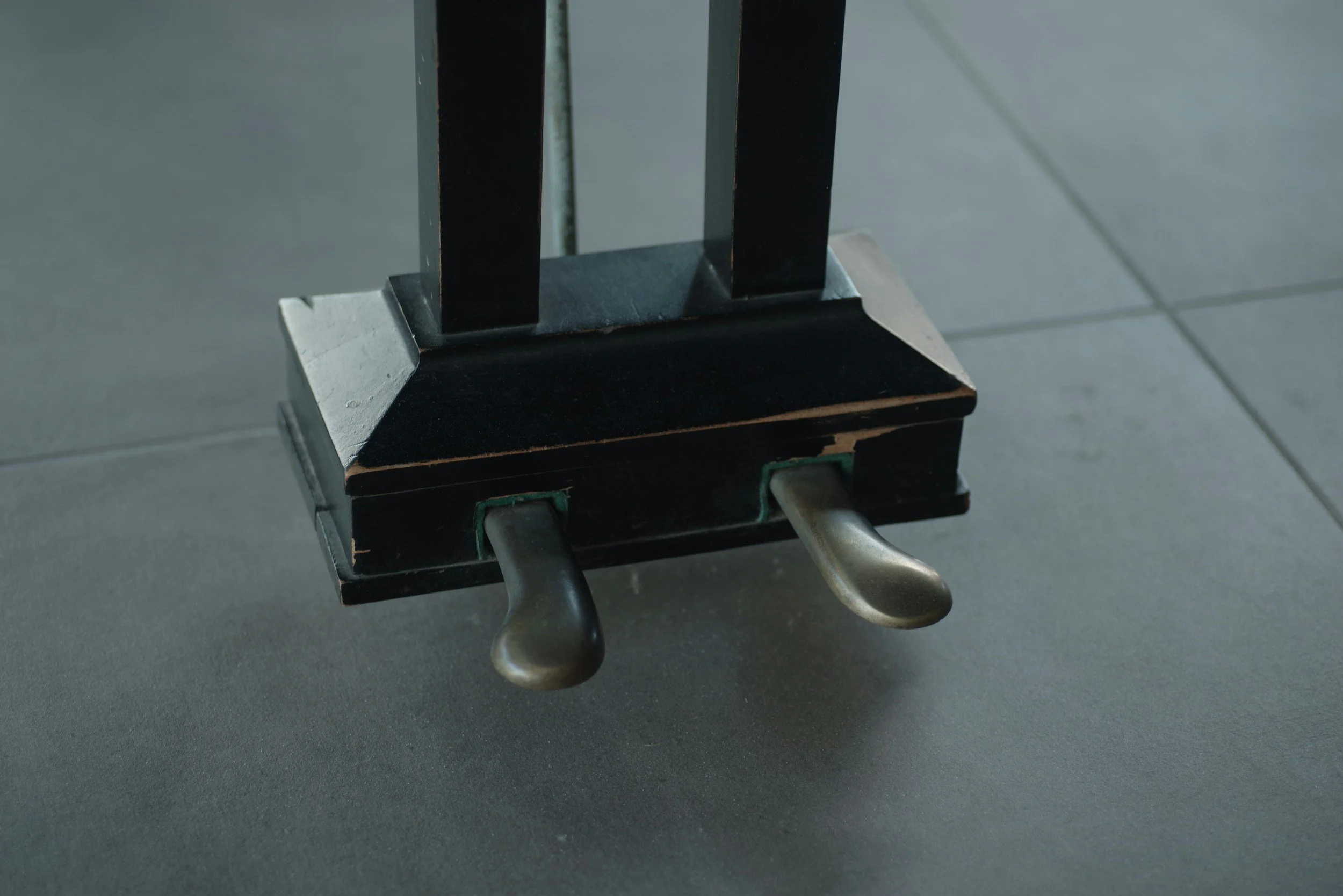
An Overview of the Yamaha Hybrid Piano
Yamaha stands at the forefront of piano innovation, introducing a diverse range of hybrid pianos that blend acoustic and digital elements. Unlike traditional acoustic pianos, hybrid models, such as the NU1, feature an acoustic action without strings, presenting a unique crossover experience.


Sometimes You Gotta Use The Tools You Have
Repairs pop up weekly in this business, and when we are at a job, we’re not able to carry our entire shop.

More Than Just Tuning: Giving Your Piano the Care It Deserves
Keeping a piano in good shape isn’t just about tuning — how the keys feel under your fingers matters just as much. Over time, the touch of a piano can change, becoming uneven or less responsive. That’s where regulation comes in.

How Sébastien Érard’s Double Escapement Revolutionized the Piano
When you listen to a rapid trill or a thunderous Liszt passage on a grand piano, you're hearing the legacy of Sébastien Érard, a French inventor whose 1821 creation—the double escapement action—transformed piano performance forever

Common & Not So Common Tools for Pipe Organs
A variety of common and not so common tools used when tuning pipe organs

When Keys Found Their Voice: The Story of the Piano
Imagine a time when music filled grand halls, but every note on the harpsichord sounded the same—delicate, plucked, and unchanging.

Piano: An Anchor to Reality
When our modern lives leave us feeling like we are fading. - fleeting messages disappearing, images scrolling by, more and more hours spent online, days rushing past in a blur of intangibles - The piano stands equipped to ground us, permanence in an age of impermanence.

Continued Training with Colleagues…
The St. Louis area has a group of piano technicians that meet every month to socialize, discuss business, take apart pianos, but also learn from each other. Every month one of our members or another instructor present a technical to share new ideas and tricks they have discovered while doing this job. No matter your age or skill level, everyone is encouraged to share!

What Do Pedals Really Do?
Piano pedals are often overlooked by beginners, but they play a crucial role in shaping a pianist’s sound. Let’s break down what each of the three standard pedals does—and how their functions differ between grand and upright pianos.

What Should I Do With My Old Piano?
A common question we get asked is “What should I do with an old piano?” When it comes to modern appliances, devices, clothes, toys we consider something ‘old’ after maybe 7-10 years. (Who still uses the same phone they had 10 years ago?) When it comes to acoustic pianos, old typically means anywhere from 50 - 120 years old!


Should I Buy a Digital Piano?
The short answer: Yes!
Now to find out why this technician who makes his living off of servicing acoustic pianos would recommend buying a digital piano keep reading.

Snapped a Piano String? Here’s Why You Shouldn't Fix It Yourself
A broken piano string can be frustrating — one key sounds off, and suddenly the whole instrument feels wrong. If you’re thinking, “Maybe I can fix this myself,” — hold that thought.

Acoustic Pianos in Decline?
Although the piano was originally invented in the 1700s, it did not come to prominence as an instrument until the late 1800s known as the Victorian era. Factories were beginning to mass produce 3 main types of piano, the upright, square grand, and grand piano. The availability increased and costs decreased to where average families were able to afford and have pianos in their homes for the first time. By the early 1900s, the development of the modern piano was realized and the ‘golden age’ of the piano had begun. Technology advances in design and materials………

Shopping for a Used Piano? Here Are Some Tips (Copy)
I’ve found that when it comes to approaching buying a used piano, it is somewhat common for technicians to apply certain prejudices to the advice they give, whether it be against certain designs, or manufacturers, or price brackets. Here I have tried to, by means of four characters present helpful information for clients with budgets great and small, and possessing different priorities in the style or function of the piano they are seeking.


An Overview of Steinway Spirio
The Steinway Spirio is an advanced player piano system that allows the piano to perform music with remarkable expressiveness, exactly as a human pianist would. Using state-of-the-art digital technology, the Spirio system enables the piano to play pre-recorded music with an unparalleled level of nuance and detail, replicating every subtle dynamic, tempo variation, and phrasing nuance of the original performance.

Piano Tuning; What Goes Into a 1 Hour Service Call?
One hour service calls are, on the whole, best suited to maintaining the current level of your piano. Through efficiency and planning it is often possible for us to make a big difference in a piano over a short period of time, but the task is usually great and the time short. As a company, our values push us to always do our best to provide the greatest possible value.

Hidden Treasures
With the long history that many pianos have, you never know what you may find inside!

